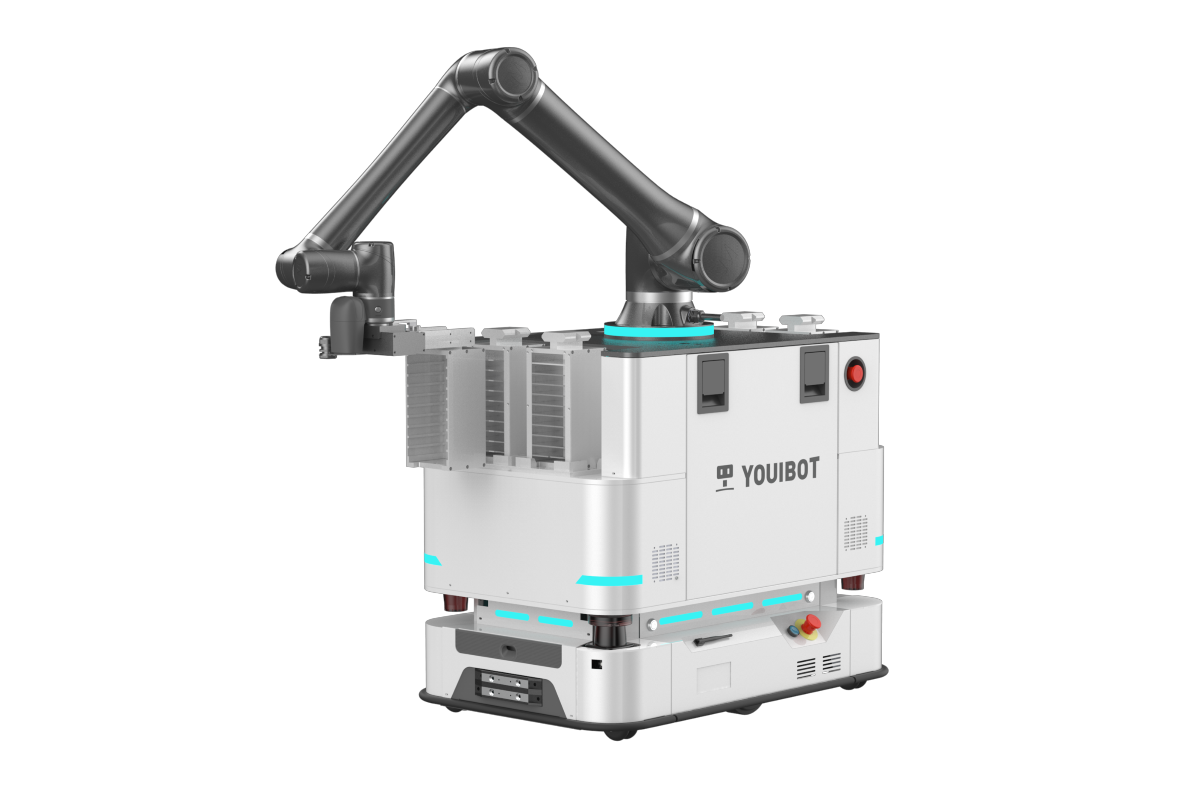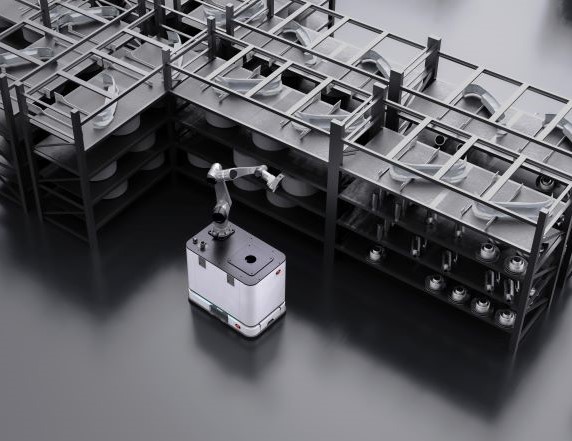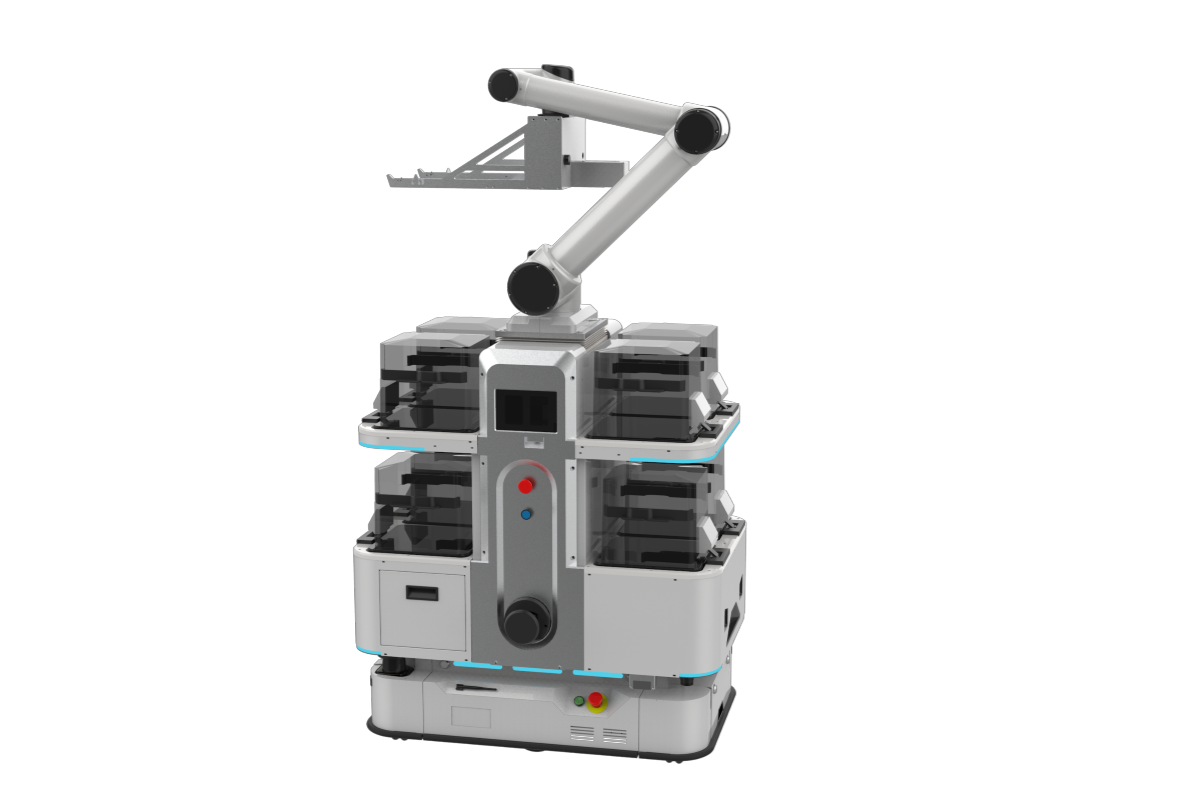
With the rapid advancement of technology, semiconductor automation has emerged as a game-changer in the manufacturing industry. This article aims to explore the concept of semiconductor automation and its impact on innovation.
The Rise of Semiconductor Automation
Semiconductor automation refers to the use of advanced technologies and robotics to streamline and optimize various processes involved in semiconductor manufacturing. It involves automating tasks such as material handling, assembly, testing, and packaging, leading to increased efficiency and productivity.
This innovative approach has revolutionized the industry by reducing human error, enhancing precision, improving quality control measures, and accelerating production cycles. By leveraging artificial intelligence (AI) algorithms and machine learning techniques, semiconductor automation enables manufacturers to achieve higher levels of accuracy while minimizing downtime.
Youibot: A Pioneer in Semiconductor Automation
One notable player in the field of semiconductor automation is Youibot. As a leading provider of intelligent mobile robots for industrial applications, Youibot offers cutting-edge solutions that cater specifically to semiconductor manufacturing needs.
Youibot’s robots are equipped with state-of-the-art sensors and vision systems that enable them to navigate complex factory environments autonomously. These robots can efficiently transport materials between different workstations within a facility without any human intervention required.
Moreover, Youibot’s robots are designed with modular configurations that allow for easy customization based on specific requirements. This flexibility ensures seamless integration into existing production lines while maximizing operational efficiency.
Laser Navigation: Enhancing Precision in Semiconductor Automation

A key component enabling precise navigation within semiconductor manufacturing facilities is laser navigation technology. laser navigation systems utilize lasers combined with reflective markers placed strategically throughout a facility to create an accurate map for robotic movement.
This technology allows Youibot’s robots to navigate through complex layouts, avoiding obstacles and optimizing their paths. By leveraging laser navigation, semiconductor automation systems can ensure efficient material flow, minimize collisions, and reduce the risk of damage to delicate components.
Furthermore, laser navigation enables real-time tracking and monitoring of robot movements, providing valuable data for process optimization and continuous improvement initiatives within semiconductor manufacturing facilities.
The Future of Semiconductor Automation
Semiconductor automation is poised to continue driving innovation in the manufacturing industry. As technology advances further, we can expect even greater integration of AI algorithms, machine learning capabilities, and robotics into semiconductor production processes.
This ongoing evolution will result in increased productivity levels, improved product quality, reduced costs, and shorter time-to-market for semiconductor manufacturers worldwide. The potential benefits are immense as automation continues to reshape the landscape of the industry.
In conclusion,
Semiconductor automation has emerged as a transformative force in the manufacturing sector. Through advancements such as those offered by companies like Youibot and technologies like laser navigation,
the industry is experiencing unprecedented levels of efficiency and precision. As we look towards the future,
it is clear that semiconductor automation will play a pivotal role in shaping innovation within this dynamic field.

